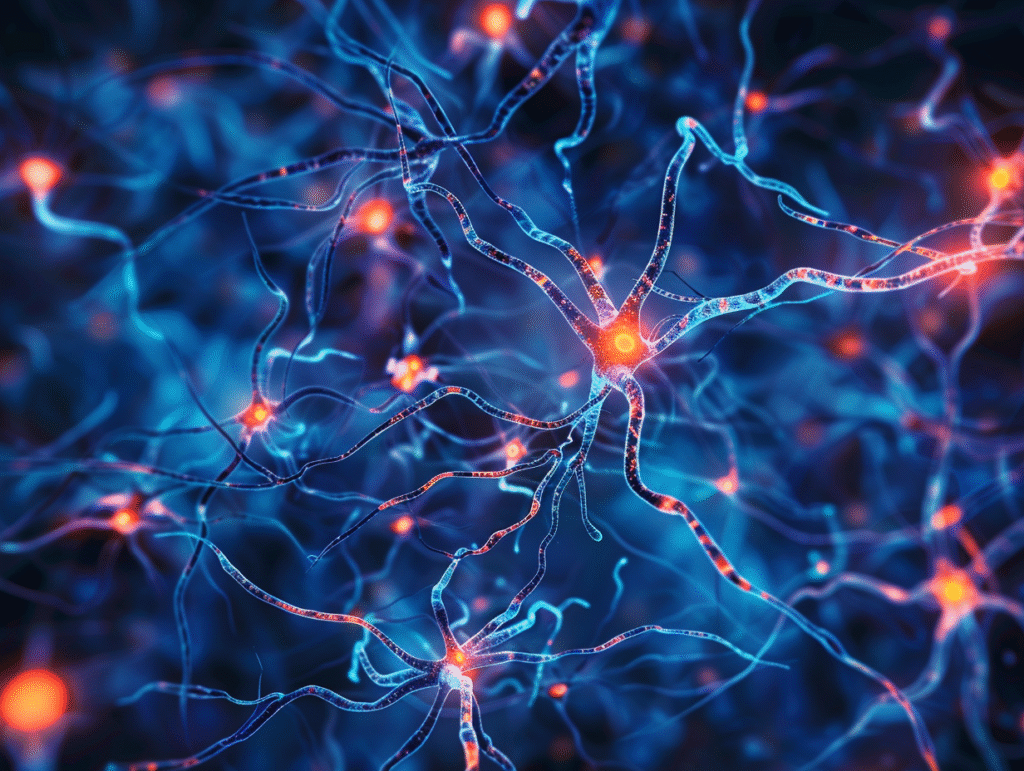AD is a disease that afflicts millions of people of all ages across the globe, as the initial molecular triggers of the disease have not yet been discovered. In a recent study in the Nature, a shocking aspect was revealed: lithium deficiency in the brain could trigger and worsen the development and the course of Alzheimer.
In contrast to the other metals that have been previously associated with AD due to toxicity, lithium can be found to be protective. It causes disruption in brain resilience heralding the accumulation of amyloid, tau tangles, and brain damage.
This finding does not only reshape the scientific conceptualizations of the origins of AD but also creates new therapeutic options, one of them being the lithium replacement therapy using safer salts like lithium orotate.
Lithium: Not Just a Psychiatric Drug
Lithium has a long history of being utilized in psychiatry in therapy of bipolar disorder, albeit in pharmacological dosages that are many times over that of the natural levels in the brain. One of the new studies is that endogenous (naturally present) lithium is key in ensuring healthy brain functionality in the ageing process.
In persons with mild impaired cognitive (MCI), which is a precursor of Alzheimer, researchers discovered much lower levels of lithium in the prefrontal cortex, which are very important in memory and decision making. The deficiency deteriorated in AD patients, which indicates that lithium imbalance is an early and serious occurrence.

The damaging effects of Lithium Deficiency in the Brain
Amyloid Sequestration
The presence of lithium in the brain tissues was demonstrated in the presence of Amyloid-b plaques, which are markers of Alzheimer disease, and which deprive lithium of its normal functions in the brain. This forms a positive feed back mechanism the lower the lithium the lower the clearance of amyloid which in turn sequesters more lithium.
Tau Pathology
Deficient mice of lithium showed an increase in the phosphorylated tau proteins, which formed tangle like structures in the brain, like those evident in the brains of humans with AD.
Microglial Dysfunction
The immune cells of the brain, the microglia, became hyperactive and inflammatory in the absence of lithium. They generated too much cytokines and they were unable to remove amyloid efficiently anymore.
Loss of Synapses and Myelin
The brain scan showed that lithium deficiency causes low synaptic proteins and myelin which makes the neurons weak in communication resulting in the loss of memory.
Lithium Orotate: A Promising Therapeutic Path
Although lithium carbonate in clinical form is effective as psychiatric agent, it forms a strong binding with the amyloid plaques, such that, lithium carbonate as a neuroprotectant is not so effective in the treatment of Alzheimer. Recent studies on investigation of lithium orotate, the organic lithium salt containing less amyloid binding property, showed astonishing outcomes:
Pathology prophylaxis: Lithium orotate almost cleared amyloid accumulation and tau buildup in AD mouse models.
Repair of the damage: Lithium oratite in the older mice (in the advanced pathology) led to a 70% reduction of the plaques and restored the health of the synapses.
Better thinking: Mice orally fed lithium recovered learning and memory in behavior tests.
Safety: Low dose lithium orotate, as opposed to high dose lithium carbonate, did not cause kidney or thyroid toxicity in long term studies.
Lithium and Normal Ageing
The research also indicated that lithium oratate has a positive effect on ageing non Alzheimer brains. Initial injection of low doses of lithium orotate in mice resulted in a reduction of inflammatory changes, maintained synaptic connections and improved memory testing scores. The elevated natural lithium levels in human samples were associated with cognitive resilience and memory.
Implications of Prevention of Alzheimer
This study proposes the possibility that lithium deficiency may be an effective cure to the Alzheimer disease. It further clarifies the reason why communities with greater exposure to lithium in drinking water have lesser incidences of dementia observed in large scale epidemiological studies.
The results prompt the following questions:
Does the dietary lithium intake preserve memory in old age?
Should the lithium levels be checked in individuals who are at risk of dementia?
Will lithium orat become an effective preventive treatment of AD?
Although human clinical trials are yet to be given, the study offers a good scientific foundation to study lithium as a protective nutrient to the health of the brain.
Conclusion
The advent of lithium and its protective effect has come with a new ray of hope especially considering that the problem of Alzheimer disease has always been seen as inevitable. With the help of the preservation of lithium balance in the brain, it could be possible to retard or even prevent the catastrophic procession of amyloid plaques, tau tangles, and memory loss.
According to the conclusion of the researchers, the early pathogenesis of Alzheimer might be a violation of lithium homeostasis. Substitution with safer versions such as Lithium orotate may become a new dawn in the prevention and treatment of dementia.
Reference
Aron, L., Ngian, Z. K., Qiu, C., et al. (2025). Lithium deficiency and the onset of Alzheimer’s disease. Nature. https://doi.org/10.1038/s41586-025-09335-x

